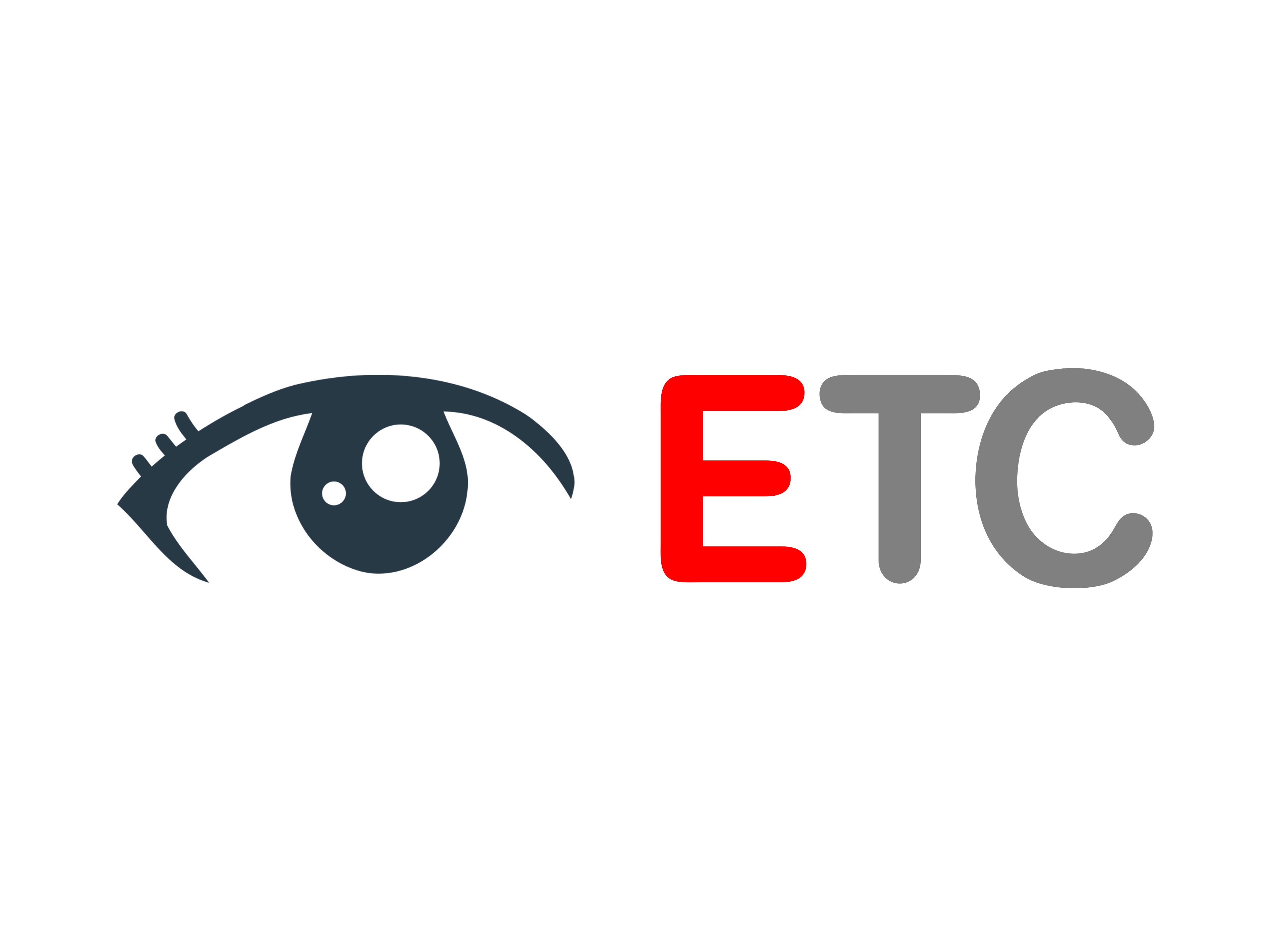Personality Type: Insecure Seeker
The “Insecure Seeker” personality type is characterized by feelings of self-doubt, insecurity, and a strong desire for guidance and support from others. Individuals with this personality type may struggle with confidence and often seek reassurance and validation to alleviate their insecurities.
Core Competencies:
FIT Score: 6.3
Emotional Intelligence (EQ)
Moderate – Insecure Seekers may have some awareness of their own emotions but can struggle with managing them effectively, especially under stress.
Stress Tolerance
Low – They often find it difficult to cope with stress due to their insecurities and may require additional support.
Team Compatibility
Moderate – While they may strive for social acceptance, their insecurities can sometimes make team dynamics challenging.
Communication Skills
Moderate – They may be hesitant to express themselves fully, which can impact their communication skills.
Conflict Resolution
Low to Moderate – Their insecurities can make conflict situations particularly stressful, and they may avoid confrontation.
Motivation
Moderate – They are often motivated by a desire for social acceptance, but this can be both a driving force and a hindrance.
Adaptability
Low to Moderate – Change can be difficult for them to navigate due to their insecurities.
Empathy
Moderate – While they can be empathetic, their focus on their own insecurities can sometimes limit their ability to fully understand others.
Resilience
Low – They may find it challenging to bounce back from setbacks and may dwell on failures or criticisms.
Self-Regulation
Low to Moderate – Their emotional state can be quite variable, making self-regulation a challenge.
Optimism/Pessimism
Low – Their insecurities often lead them to a more pessimistic outlook on life.
Work-Life Balance
Moderate – They may struggle with work-life balance as they seek external validation.
Ambition
Low to Moderate – Their level of ambition is often tempered by their insecurities, making it difficult for them to fully pursue their goals.
Interpersonal Skills
Moderate – They may have decent interpersonal skills but can struggle in social situations due to insecurities.
Honesty and Integrity: 6/10
Insecure Seekers may sometimes struggle with honesty due to their insecurities. They may not always be straightforward, especially if they feel that the truth may make them look bad or vulnerable.
Life Balance
Strengths:
-
Empathy: Insecure Seekers tend to be highly empathetic and understand others’ emotional struggles. They can provide comfort and support to those in need.
-
Openness to Feedback: They are often receptive and willing to improve, as they value external validation and guidance.
-
Adaptability: Insecure Seekers can adapt to various situations and environments, making them versatile in different social settings.
-
Humble: They usually possess humility and are not overly self-centered, making them approachable and relatable to others.
-
Caring: Insecure Seekers genuinely care about the well-being of others and are often willing to go out of their way to help and support those around them.
-
Loyalty: They tend to be loyal friends and companions, as they highly value the connections they form with others.
Weaknesses:
-
Self-Doubt: The primary weakness of Insecure Seekers is their persistent self-doubt, which can hold them back from pursuing their goals and making decisions independently.
-
Dependency: They may become overly dependent on others for guidance and reassurance, leading to difficulties in making choices autonomously.
-
Anxiety: Insecure Seekers may experience anxiety and worry about their actions, leading to stress and a tendency to overthink situations.
-
Difficulty Taking Initiative: They may need help to take initiative or leadership roles, as they often defer to others for direction.
-
Over-reliance on Validation: Seeking constant validation from others can be exhausting for themselves and those around them. It may also hinder personal growth.
-
Avoidance of Risk: Fear of failure and rejection can make them risk-averse, preventing them from seizing opportunities.
-
Tendency to Be Overly Self-Critical: They may be overly critical of themselves, constantly striving for perfection and fearing judgment from others.
Individuals with the Insecure Seeker personality type can benefit from building self-confidence, seeking professional guidance when needed, and working on assertiveness skills to overcome self-doubt.
Jobs & Action Plan
Job Profiles Well-Suited for Insecure Seekers:
Administrative, Quality Assurance, Support Roles
-
Assistant or Administrative Roles: Insecure Seekers, such as administrative assistants or secretaries, often excel in roles that provide structure and clear guidance.
-
Customer Service Representative: Their empathetic nature and willingness to help make them effective in customer service roles.
-
Support Roles: Positions involving emotional support, such as helpline operators or crisis counselors, can align well with their desire to help others.
-
Entry-Level Positions: Starting with entry-level roles that provide clear job descriptions and training can help them gain confidence and experience.
-
Team Member: Being part of a supportive team can give them the reassurance they seek while contributing to group efforts.
-
Mentor or Advisor (with experience): As they gain expertise, they can become mentors or advisors, helping others navigate their journeys.
-
Human Resources Assistant: Assisting HR professionals with employee support and engagement tasks.
-
Nonprofit Worker: Working for nonprofit organizations where they can contribute to causes they care about and make a difference.
-
Teacher’s Assistant: Assisting educators in classroom settings, offering student support.
-
Community Support Worker: Assisting individuals in need within communities, such as helping the elderly or those with disabilities.
It’s essential for Insecure Seekers to gradually build their self-confidence and seek professional development opportunities to advance in their chosen careers. Overcoming self-doubt and fostering independence can lead to personal and professional growth.
Insecure Seeker – Action Plan:
-
Strengths: Recognize your self-doubt and insecurity as areas for growth.
-
Seek guidance from mentors or coaches.
Engage in self-confidence-building activities.
Gradually step out of your comfort zone to build resilience.
“Insecure Seeker” personality type, a carefully designed action plan can help build confidence, foster resilience, and encourage personal growth and self-discovery. Here’s a thoughtful approach:
1. Emotional Intelligence (EI) Quotient
-
Action: Emotional intelligence development programs focusing on self-esteem and self-compassion exercises.
-
Purpose: To enhance their understanding and management of their own emotions, particularly insecurities and fears.
-
Outcome: Increased self-awareness and emotional resilience.
2. Stress Response Analysis
-
Action: Stress management techniques that focus on cognitive-behavioral strategies to address anxiety and insecurity.
-
Purpose: To provide tools for effectively managing stressors and reducing anxiety levels.
-
Outcome: Improved coping mechanisms for handling stress and uncertainty.
3. Adaptability Index
-
Action: Resilience-building activities, such as role-playing challenging situations and developing adaptive responses.
-
Purpose: To increase their ability to adapt to change and bounce back from setbacks.
-
Outcome: Enhanced adaptability and resilience in the face of challenges.
4. Cognitive Styles
-
Action: Workshops on cognitive flexibility, aimed at challenging and reframing negative thought patterns.
-
Purpose: To broaden their perspective and encourage more positive, flexible thinking habits.
-
Outcome: A shift towards more constructive and optimistic thought processes.
5. Interpersonal Dynamics
-
Action: Social skills training and group activities designed to build trust and improve communication skills.
-
Purpose: To foster meaningful relationships and reduce feelings of isolation or misunderstanding.
-
Outcome: Stronger social connections and improved interpersonal skills.
6. Values and Motivations
-
Action: Guided exploration of personal values and motivations through reflective exercises and coaching.
-
Purpose: To clarify their personal goals and values, aligning their actions with their authentic self.
-
Outcome: A clearer sense of purpose and increased motivation to pursue personal goals.
7. Behavioral Patterns
-
Action: Identification and modification of behaviors stemming from insecurity, such as avoidance or overcompensation.
-
Purpose: To develop healthier behavioral patterns that reflect genuine self-confidence and self-worth.
-
Outcome: More authentic and assertive behaviors aligned with their true self.
8. Communication Preferences
-
Action: Assertiveness training and practice in expressing needs and boundaries clearly and respectfully.
-
Purpose: To improve their ability to communicate effectively without fear of judgment or rejection.
-
Outcome: Enhanced confidence in personal and professional communications.
9. Life Satisfaction and Fulfillment Metrics
-
Action: Regular self-assessment of life satisfaction and fulfillment to identify areas for growth and development.
-
Purpose: To ensure they are making progress towards their personal definitions of success and happiness.
-
Outcome: Greater life satisfaction and a sense of fulfillment.
10. Neuroplasticity and Learning Styles
-
Action: Encourage engagement in new learning experiences to stimulate brain growth and cognitive development.
-
Purpose: To foster a growth mindset and demonstrate their capability for learning and adaptation.
-
Outcome: Increased confidence in their ability to learn and grow.
11. Digital Behavior Analysis
-
Action: Guidance on healthy digital habits, including social media use and online interactions.
-
Purpose: To mitigate the impact of negative online experiences and promote positive digital engagement.
-
Outcome: A healthier relationship with digital technology and improved digital well-being.
12. Cross-Cultural Dimensions
-
Action: Exposure to diverse cultures and perspectives through travel, literature, and cultural events.
-
Purpose: To broaden their understanding of the world and different ways of life, reducing ethnocentric biases and insecurities.
-
Outcome: A more open-minded and culturally aware perspective.
This action plan is designed to support the “Insecure Seeker” in navigating their insecurities with a structured path toward self-confidence, resilience, and personal growth. Each action aims to empower, offering practical steps for overcoming challenges and realizing their potential.
Innovation & Leadership
Innovation:
Low to Moderate – 6/10
-
Thorough Analysis: Insecure Seekers excel in conducting detailed analysis and research before making decisions or proposing innovative solutions.
-
Risk Mitigation: They are cautious innovators focusing on risk mitigation and considering potential pitfalls.
-
Methodical Approach: Insecure Seekers prefer a methodical approach to innovation, relying on structured processes and data-driven decisions.
-
Consultative Innovation: They value input from others and often seek advice and collaboration to ensure the success of their innovations.
-
Continuous Learning: Insecure Seekers are open to learning and adapting innovative approaches based on feedback and new information.
Leadership:
-
Data-Driven Leadership: They lead with a data-driven and analytical mindset, providing a solid foundation for decision-making.
-
Risk Management: Insecure Seekers excel at identifying and mitigating risks, making them influential leaders in situations that require risk management.
-
Team Support: They offer support and guidance to their teams, ensuring that individuals feel secure and well-informed.
-
Conflict Resolution: They are skilled at resolving conflicts within their teams, using their analytical skills to find fair and balanced solutions.
-
Problem-Solving: Insecure Seekers approach problems methodically, providing structured solutions to complex challenges.
Insecure Seeker Top Emotional Stages Categories:
-
Self-Doubt & Insecurity
-
Social & Relational Negatives
-
Neutral Emotions
Interests & Hobbies:
-
Self-Help Books
-
Online Forums
-
Journaling
-
Therapy and Counseling
-
Yoga and Meditation
-
Personal Development Workshops
-
Art Therapy
-
Mindfulness Apps
-
Support Groups
-
Emotional Intelligence Courses
Three potential best matches based on complementary traits and potential for mutual growth:
-
Insecure Seeker
-
Empathetic Caregiver
-
Contented Sage
-
Balanced Enthusiast
Growth Phrases
-
Embrace learning opportunities to build confidence in your skills and knowledge.
-
Seek mentorship or coaching to gain guidance, reassurance, and constructive feedback.
-
Set achievable goals to create a sense of accomplishment and progress.
-
Practice self-affirmation to boost self-esteem and counteract negative self-talk.
-
Cultivate resilience by viewing challenges as opportunities for growth and learning.
-
Engage in reflective practices like journaling to explore and understand your thoughts and emotions.
-
Expand your comfort zone gradually to build confidence in new situations.
-
Develop a support network of colleagues, friends, and family who encourage and believe in you.
-
Prioritize self-care to maintain mental and physical well-being.
-
Celebrate small successes to recognize and reinforce your progress.


